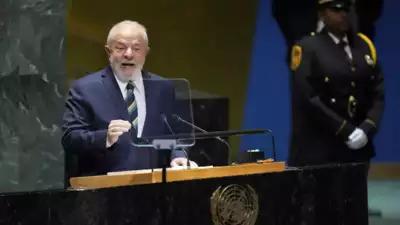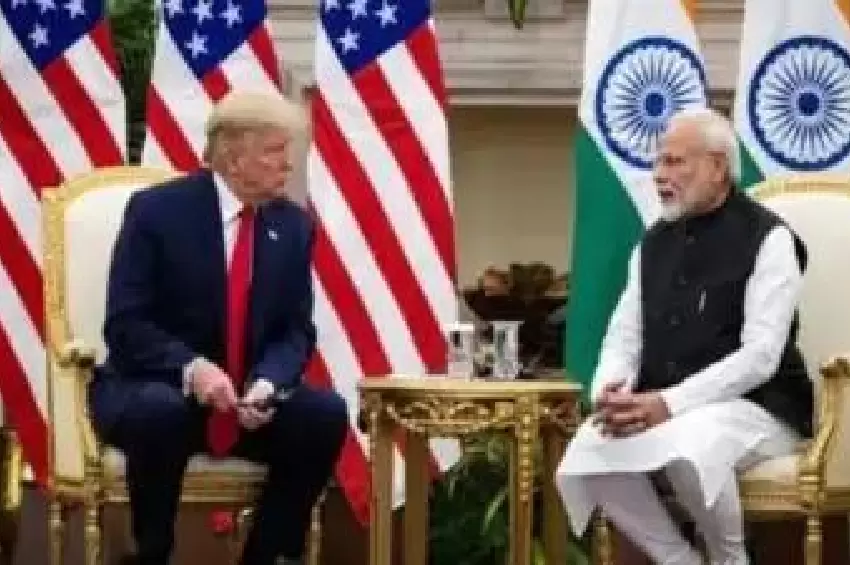Vietnam's Interest in Mercosur Trade Deal
Brazilian President Luiz Inacio Lula da Silva revealed on Monday that Vietnam has expressed interest in a trade deal with the Mercosur bloc, which comprises Brazil, Argentina, Paraguay, and Uruguay. Lula, who is currently chairing the group, plans to discuss this matter with the member countries. He emphasized the potential for trade growth with Vietnam and welcomed Vietnamese Prime Minister Pham Minh Chinh in Brasilia.

Mercosur's Ongoing Trade Negotiations
This development comes as Mercosur attempts to finalize a long-awaited trade deal with the European Union. Lula has been pushing for this agreement to be concluded by the end of this year, despite it being on hold due to environmental concerns. Additionally, Canada, South Korea, and Singapore are in talks for trade deals with Mercosur. Lula has previously hinted at potential agreements with China, Indonesia, Vietnam, and countries in Central America and the Caribbean.
Deepening Brazil-Vietnam Cooperation
Lula aims to deepen Brazil-Vietnam cooperation in sectors such as agriculture, education, and defense. Both governments signed agreements covering these areas during their meeting. The agriculture agreement will further open Vietnam's market to Brazilian products. A memorandum of understanding on defense marks the "first step" towards a future deal that would allow Brazil to export defense products to Vietnam, including aircraft. Vietnamese Prime Minister Minh Chinh visited the headquarters of Brazilian planemaker Embraer in Sao Paulo state.
International Relations and Global South Commitment
Lula thanked Vietnam for its support in Brazil's bid to become a permanent member of the United Nations Security Council and accepted Minh Chinh's invitation for him to visit Hanoi next year. He emphasized that both countries are "Global South" nations committed to peace, multilateralism, sustainable development, and the fight against hunger and poverty. They aim for greater representation in international governance.









Comments